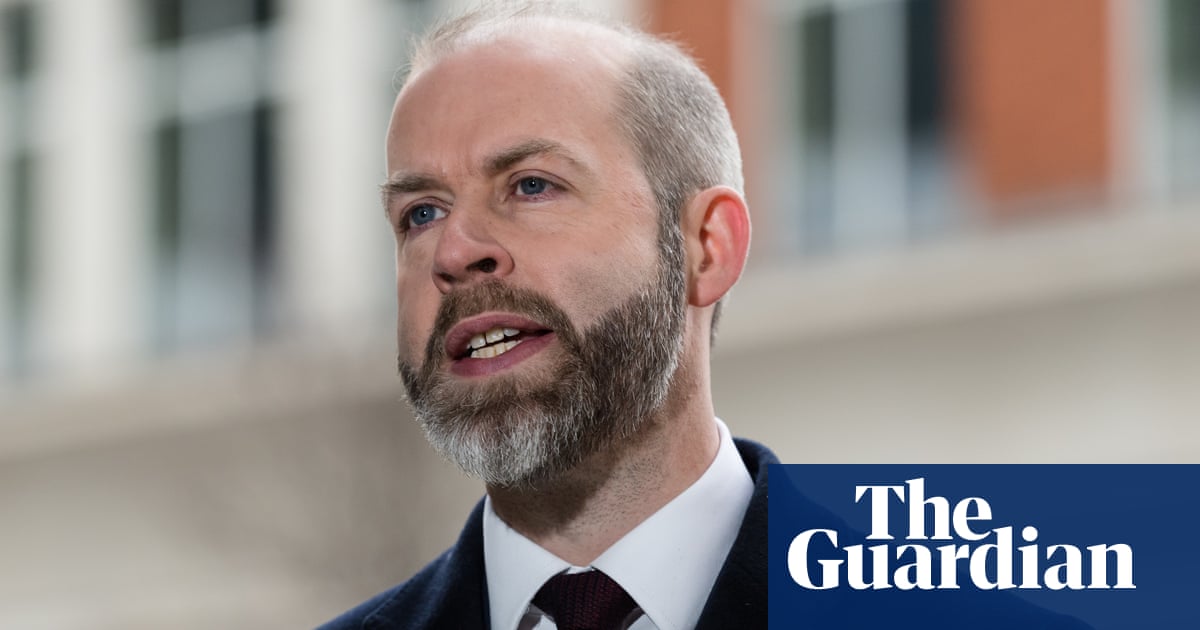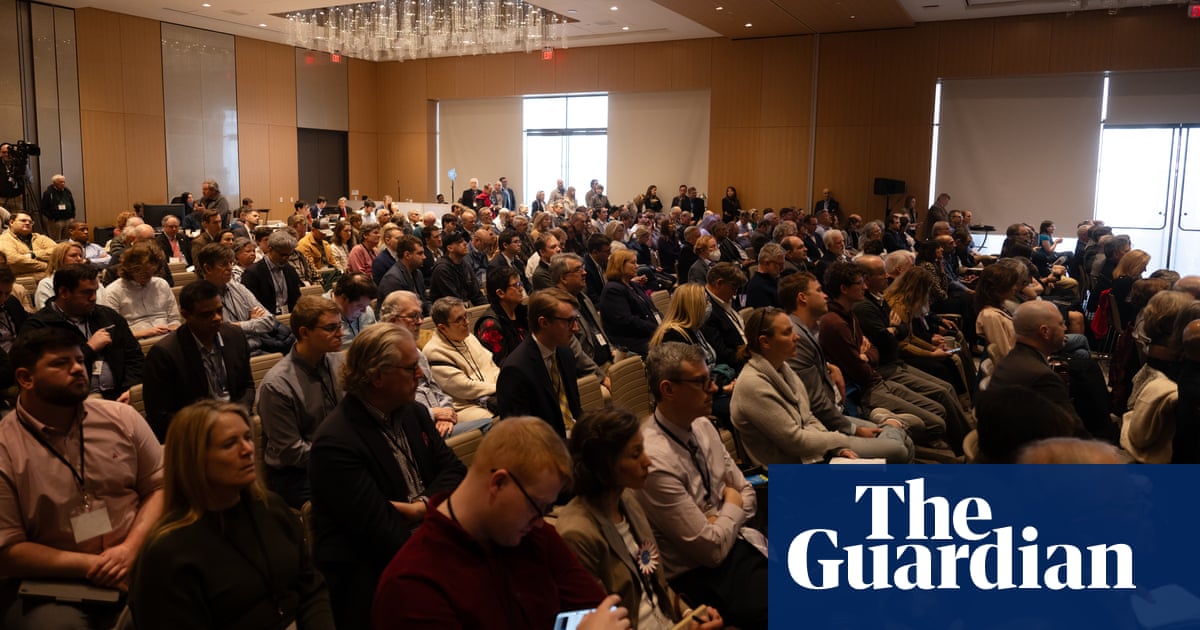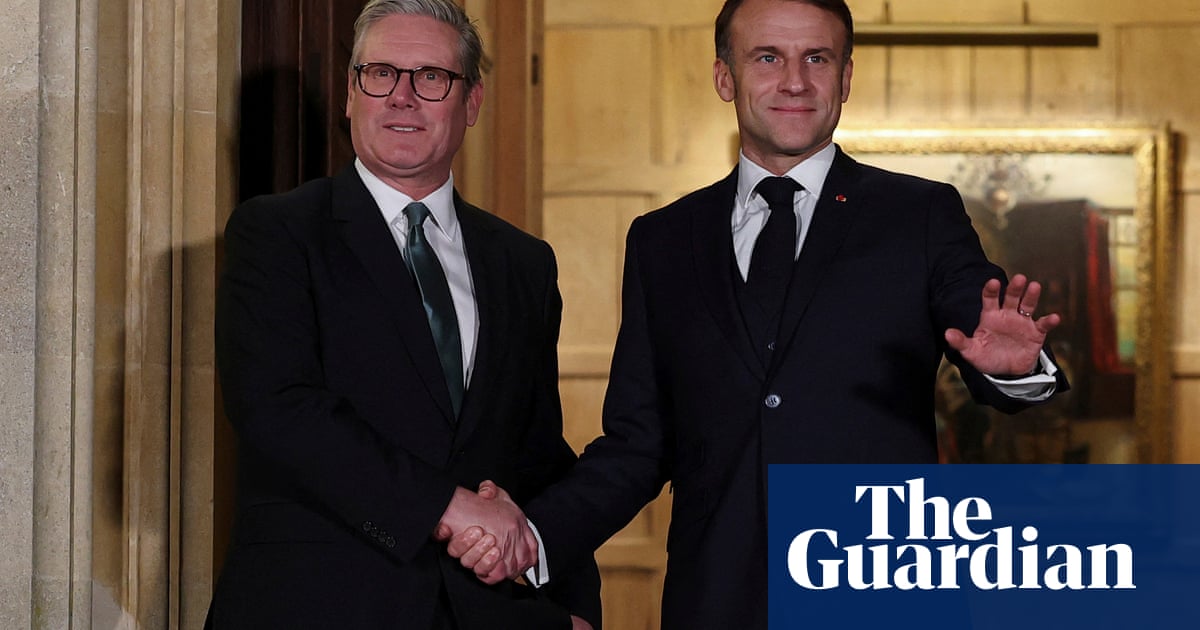Marietje Schaake is a former Dutch member of the European parliament. She is now the international policy director at Stanford University Cyber Policy Center and international policy fellow at Stanford’s Institute for Human-Centred Artificial Intelligence. Her new book is entitled The Tech Coup: How to Save Democracy from Silicon Valley.
In terms of power and political influence, what are the main differences between big tech and previous incarnations of big business?
The difference is the role that these tech companies play in so many aspects of people’s lives: in the state, the economy, geopolitics. So while previous monopolists amassed a lot of capital and significant positions, they were usually in one sector, like oil or car production. These tech companies are like octopuses with tentacles in so many different directions. They have so much data, location data, search, communications, critical infrastructure, and now AI can be built on top of all that assembled power, which makes these companies very different animals to what we’ve seen in the past.
Peter Kyle, the UK’s technology secretary, recently suggested that governments need to show a “sense of humility” with big tech companies and treat them more like nation states. What are your thoughts on that?
I think it’s a baffling misunderstanding of the role of a democratically elected and accountable leader. Yes, these companies have become incredibly powerful, and as such I understand the comparison to the role of states, because increasingly these companies take decisions that used to be the exclusive domain of the state. But the answer, particularly from a government that is progressively leaning, should be to strengthen the primacy of democratic governance and oversight, and not to show humility. What is needed is self-confidence on the part of democratic government to make sure that these companies, these services, are taking their proper role within a rule of law-based system, and are not overtaking it.
What do you think the impact will be of Donald Trump’s presidency?
The election of Donald Trump changes everything because he has brought specific tech interests closer than any political leader ever has, especially in the United States, which is this powerful geopolitical and technological hub. There’s a lot of crypto money supporting Trump. There’s a lot of VCs [venture capitalists] supporting him, and of course he has elevated Elon Musk and has announced a deregulatory agenda. Every step taken by his administration will be informed by these factors, whether it’s the personal interests of Elon Musk and his companies, or the personal preferences of the president and his supporters. On the other hand, Musk is actually critical of some dynamics around AI, namely existential risk. We’ll have to see how long the honeymoon between him and Trump lasts, and also how other big tech companies are going to respond. Because they’re not going to be happy that Musk decides on tech policy over his competitors. I’m thinking rocky times ahead.
Why have politicians been so light touch in the face of the digital technological revolution?
The most powerful companies we see now were all rooted in this sort of progressive, libertarian streak of counterculture in California, that romantic narrative of a couple of guys in their shorts in a basement or garage, coding away and challenging the big powers that be: the publishers of the media companies, the hotel branches, the taxi companies, the financial services, all of which had pretty bad reputations to begin with. And surely there was room for disruption, but this kind of underdog mentality was incredibly powerful. The companies have done a really smart job of framing what they are doing as decentralising, like the internet itself. Companies like Google and Facebook have consistently argued that any regulatory step would hurt the internet. So it’s a combination of wanting to believe the promise and not appreciating how very narrow corporate interests won out at the expense of the public interest.
Do you see any major politicians who are prepared to stand up to big tech interests?
Well someone like [US senator] Elizabeth Warren has the most clear vision about the excessive power and abuse of power by corporations, including the tech sector. She’s been consistent in trying to address this. But broadly I’m afraid that political leaders are not really taking this on the way they should. In the European Commission, I’m not really seeing a vision. I’ve seen elections, including in my own country, where tech didn’t feature as a topic at all. And we see those comments by the UK government, although one would assume that democratic guardrails around excessively powerful corporates are a no-brainer.
Have politicians been held back by their technological ignorance?
Yes, I think they are intimidated. But I also think that the framing against the agency of governments is a deliberate one by tech companies. It’s important to understand the way in which we are taught to think about technology is shaped by the tech companies themselves. And so we get the whole narrative that governments are basically disqualified to deal with tech because they’re too stupid, too outdated, too poor in service delivery. The message is that if they can’t even process the taxes on time, what do you think they’re going to do with AI? It’s a caricature of government, and government should not embrace that caricature.
Do you think the UK has been weakened in its position with big tech as a result of leaving the EU?
Yes and no. Australia and Canada have developed tech policies, and they’re smaller in numbers than the UK population. I don’t know if it’s that. I think it’s actually much more of a deliberate choice to want to attract investment. So maybe it’s just self-interest that transcends Conservative and Labour governments, because I don’t see much change in the tech policy, whereas I had anticipated change. I was obviously overly optimistic there.
after newsletter promotion
You talk about regaining sovereignty. Do you think most people even recognise that any sovereignty has been lost?
One of the reasons why I wrote this book is to reach average news readers, not tech experts. Explaining that this is a problem that concerns people is a huge undertaking. I’m curious to see how the impact of the Trump government will invite responses from European leaders, but also from others around the world who are simply going to think we cannot afford this dependence on US tech companies. It’s undesirable. Because, essentially, we’re shipping our euros or pounds over to Silicon Valley, and what do we get in return? More dependency. It’s going to be incredibly challenging, but not doing anything is certainly not going to make it better.
-
The Tech Coup by Marietje Schaake is published by Princeton University Press (£22). To support the Guardian and Observer order your copy at guardianbookshop.com. Delivery charges may apply

 2 months ago
60
2 months ago
60













































